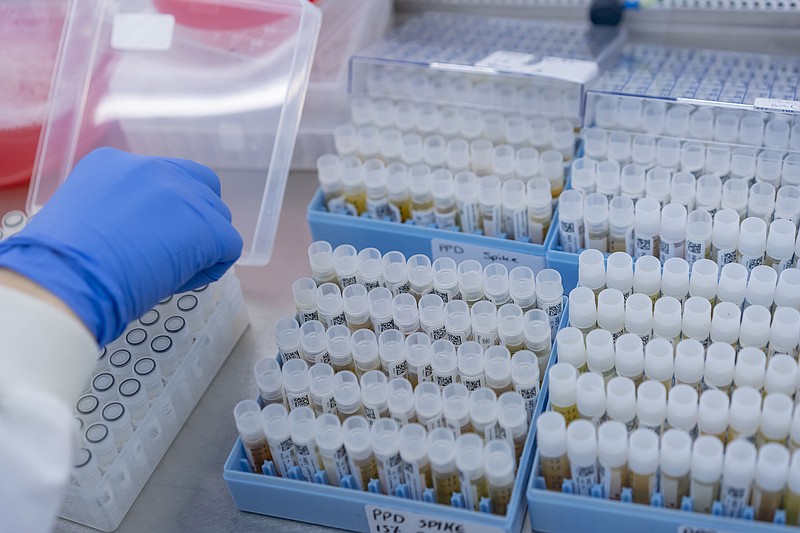In three separate announcements in recent weeks, three scientific teams at different pharmaceutical companies have given a weary, frightened world what it needs: a verifiable path to defeat the coronavirus pandemic, end the suffering and start the process of returning life to the normal rhythms of "before."
Imagine again going to work and school, to restaurants and concerts without significant risk of infection. Imagine hugging family members and friends. We are likely to get there in 2021 because a safe, effective COVID-19 vaccine appears on pace for emergency regulatory approval and fast rollout. This gift of science will be ready - if we accept it.
Wait, if we accept it?
The big question about a COVID-19 vaccine has shifted from efficacy to whether enough Americans will agree to receive it. Skepticism of inoculations is frustratingly widespread, despite overwhelming scientific evidence that they work. Shots are unpleasant and sometimes come with side effects. The anti-vaxxer movement has attacked vaccines for mistakenly believing they may cause autism. In the Black community, suspicions run deep because of the legacy of past abuses by the medical system.
A Pew Research Center survey in September of about 10,000 adults found that just 21% of U.S. adults would definitely get a COVID-19 vaccine, and 24% said they definitely would not. The rest were somewhere in the middle, leaning for or against. This is troubling news. If the vaccine becomes an optional response to the pandemic, the virus will continue to spread and cause harm to families and the economy. The country can't get back to work fully until the outbreak is contained, and the vaccine is the way to get there.
There are still plenty of questions about what the national vaccination project will look like, the timing of distribution and who might get which version of the two-injection regimen. The vaccine is expected to be administered without charge because the federal government is paying. Washington is coordinating with the states on the rollout, which should begin before the end of the year. It will take months until most Americans are inoculated.
The crucial step will be to break through vaccine anxiety, and the best way to do that is for vaccine developers, regulators and experts to share as much information as possible about the COVID-19 vaccine's effectiveness, and about any shortcomings. Its fast development makes some people uneasy. The power of the anti-vaxx movement, based on bogus science, hurts credibility. Members of the Black community harbor distrust. Those concerns need to be addressed by the medical establishment and by doctors and nurses speaking frankly to individual patients.
Need reassurance that vaccines work? Diseases like polio and smallpox were eradicated in the United States by vaccines. Measles disappeared 20 years ago, but it's made a small comeback - because some parents stopped vaccinating their children.
Need a further dose of confidence? Dr. Anthony Fauci, the nation's leading authority on infectious diseases, tells USA Today that once the vaccine gets FDA approval, he'll take it and recommend that his family does too. He says COVID-19 can be defeated, and life can begin to return to normal. But only when the overwhelming majority of people are protected by the vaccine and herd immunity kicks in.
"It's kind of dependent upon us," Fauci says.
He's right. Prevention is always better than treatment.
The vaccine is coming. Get ready to accept it.
The Chicago Tribune
